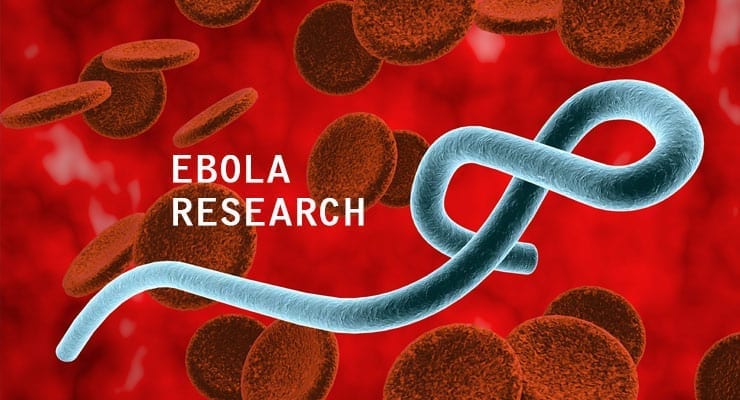A first-of-its-kind Ebola study by researchers at Centers for Disease Control and Prevention (CDC), Emory University School of Medicine, and University of Nebraska Medical Center has revealed clues as to how some people are able to survive the deadly virus.
The researchers used samples from Ebola patients treated in the United States taken both during their illness and recovery to analyze immune responses. In the seven U.S. patients, researchers tracked 54 different markers of immune-system activity from hospital admission until the day of discharge.
Read also: Quantum Dots Light the Way for New Ebola and HIV Treatment
Among the seven patients, five had moderate Ebola virus disease (EVD) and two had severe EVD requiring mechanical ventilation and dialysis.
The results show patients with severe EVD had high levels of virus in their blood and out-of-control immune responses leading to destruction of healthy tissues, multisystem organ failure, shock, and, in most cases, death. In contrast, patients with moderate EVD had strong, healthy immune responses that were able to control the virus. All of the patients with moderate illness and one patient with severe illness survived.
This is the first time researchers have been able to study EVD in this manner. “We were able to identify the particular components of patients’ immune systems that successfully fought off the virus,” said lead author Anita McElroy, M.D., Ph.D., who is a guest researcher in CDC’s Viral Special Pathogens Branch and an Emory physician and faculty member. “These are the parts of the immune system that we need to tap into to develop new therapies.”
Read also: Positive Data for Janssen, Bavarian Nordic Ebola Vaccine Regimen
It is unclear why exactly some people’s immune systems respond more effectively to viruses. Possible contributing factors include genetics and whether or not a person has other illnesses or conditions. Identifying which parts of the immune system malfunction in severe EVD cases as well as the parts that function well in the moderate cases could lead to the design of therapies that might theoretically inhibit the disease’s progression.
Ebola virus causes a severe and often fatal infection that can include fever, diarrhea and unexplained bleeding. Despite the fact that more than 30,000 individuals have acquired EVD since it was discovered in 1976, the medical and scientific community still does not have a clear understanding of the mechanisms by which Ebola causes such severe illness.
Read more: Kinetic Analysis of Biomarkers in a Cohort of US Patients with Ebola Virus Disease.



